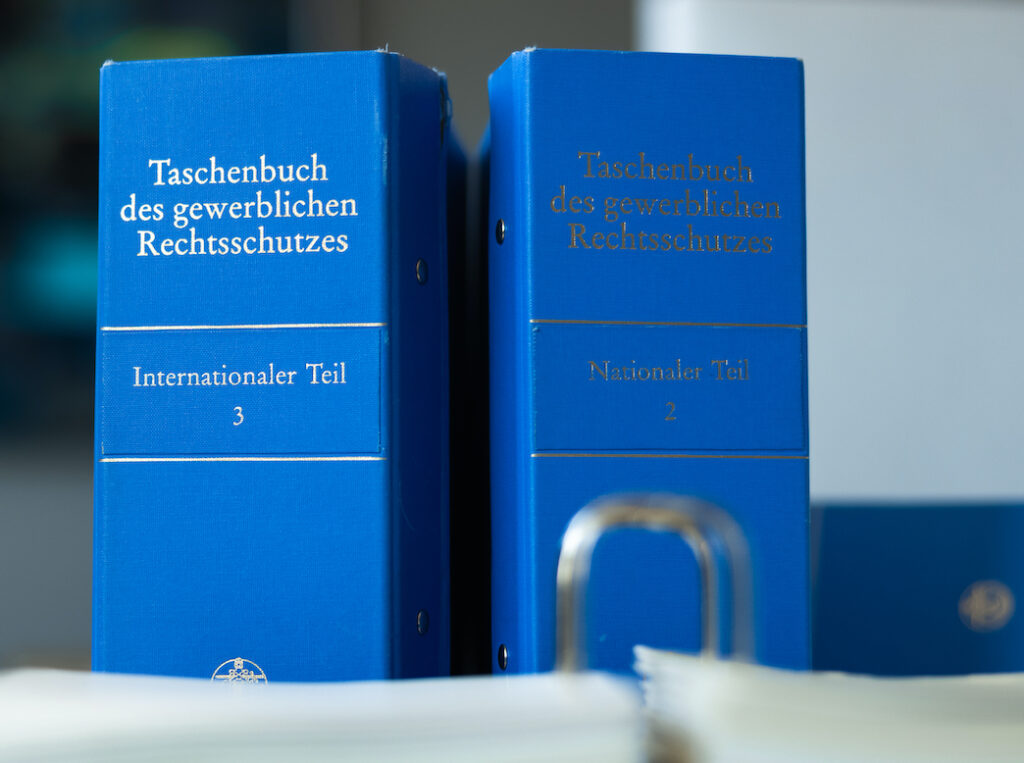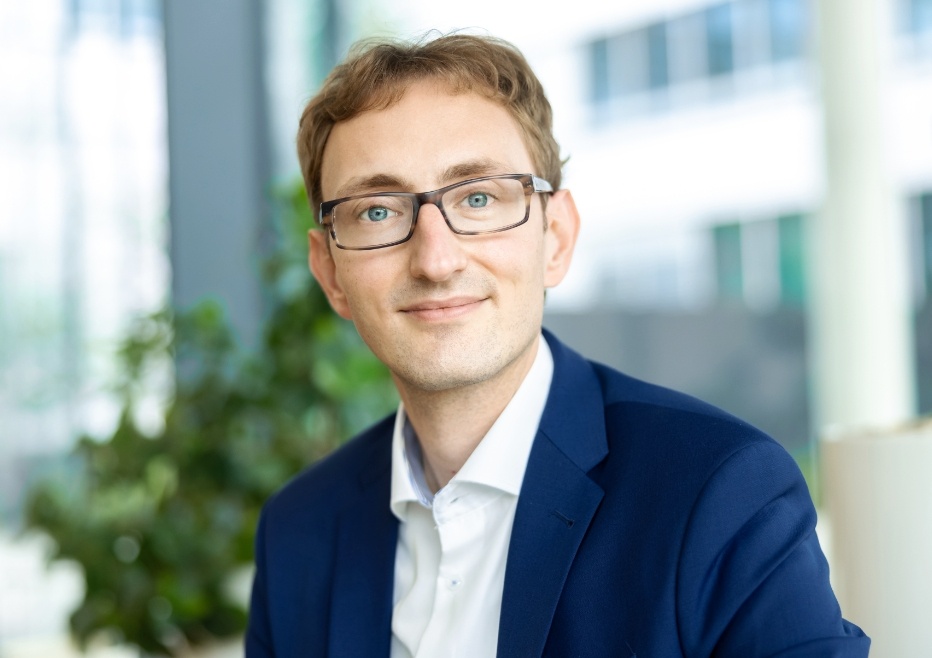
Second Patent Law Modernization Act - further changes enter into force
With the Second Patent Law Simplification and Modernization Act, essential aspects regarding the proceedings before the German Patent and Trademark Office (GPTO) and the Federal Patent Court (FPC) as well as the infringement proceedings before the regional courts have been changed. Some of these changes came into force with the promulgation already in August 2021, two essential aspects, however, will not take effect until May 01, 2022.

Hearings by way of video and audio transmission
As of May 1, 2022, hearings before the Examining Division and the Patent Division of the GPTO may also be conducted by means of video and audio transmission, especially with regard to the past two years. The question of the admissibility of hearings as video conference has thus been explicitly regulated. It remains to be seen to what extent this measure can lead to an acceleration of the proceedings, in particular the opposition proceedings before the Patent Division. However, it is likely that a larger number of pending proceedings have accumulated in the last two years. So far, there are no announcements and information from the GPTO regarding the general conditions as well as the possible platforms for a hearing within the scope of video and audio transmission.
Enter of national phase before the GPTO
Also, with the amendment of the law, there is an adjustment of the time limit for the initiation of the national phase from a PCT application to the European procedure. As of May 1, 2022, the national phase can now be initiated within a period of 31 months (previously of 30 months) after the filing date or after the earliest priority date. The 31-month period for initiating the German national phase applies to all PCT applications for which the 30-month period has not yet expired or will not expire on April 30, 2022. In addition, no effective request for entry into the German national phase may have been filed before May 1, 2022 (Notice No. 3/22 of the President of the GPTO)
This means that there is now a little more time to make a decision, particularly with regard to a choice between entering the national phase or the regional European phase. However, for the German national phase, the requirements remain that all actions, in particular also the filing of translations or the payment of fees, must be taken within the now 31 months for an effective entry.
First changes already came into force in August 2021
In addition, further amendments entered into force as soon as the Act was promulgated. For example, a proportionality test was introduced for injunctive relief. Accordingly, injunctive relief may now be excluded if it would lead to disproportionate, unjustified hardship for the infringer if claimed. In return, however, the infringed party is entitled to monetary compensation.
The proportionality test now introduced for injunctive relief was already possible on the basis of the decision “Wärmetauscher” (X ZR 114/13) of the Federal Court of Justice, but according to the explanatory memorandum to the Act it was hardly ever applied by the regional courts and higher regional courts. However, the impact of this amendment on proceedings before the regional courts and higher regional courts will only become apparent in a few years.
Furthermore, the protection of trade secrets in patent litigation has also been facilitated with an explicit reference in the Patent Act to the Trade Secrets Protection Act. Thus, it is now easier to exempt documents from file inspection.
Acceleration of patent nullity proceedings?!
The Second Law for the Simplification and Modernization of Patent Law is also intended to counteract the long duration of proceedings in nullity actions before the FPC. Thus, the opposition against a nullity action must now be substantiated as a rule within 2 months after service of the action and can only be extended to a maximum of 3 months in justified exceptional cases. At the same time, a qualified notice of the Senate is to be drawn up within 6 months of service of the action. By these measures the course of the infringement proceedings before the district courts and the higher regional courts and the course of the nullity proceedings before theFPC shall be more coordinated.
Due to the principle of separation, the legal status of a patent cannot be independently challenged in infringement proceedings before the regional courts and higher regional courts; this requires separate nullity proceedings before theFPC. With the current duration of nullity proceedings, it is often the case that an infringement action has already been decided in the second instance before the Higher Regional Court before the FPC has decided on the legal status. Here, too, it will only be seen in practice in the coming months and years to what extent the newly introduced “target” lead time for the preparation of the qualified notice can be implemented and an equalization of the duration of the proceedings takes place.
Finally, the transfer of pending opposition, appeal or revocation proceedings has been simplified, since the consent of the other parties to the proceedings is now no longer required for this. This had already been changed previously in the Trademark Act, so that harmonization in the area of industrial property rights took place here.
If you have any questions about the recent changes in the Patent Law, please do not hesitate to contact us.

Dr. Philipp Ganz
Patent Attorney